Ways of Landmaking + Quantum Reading
Presented by The Grey Space
In a short-term residency at the Grey Space, Sandipan Nath evolves his repertoire of multimedia tactics through transdisciplinary collaborations. Developed with linguist and philosopher Samar Khan, and posthumanist scholar Ruth Clemens, two interconnected projects will be exhibited.
’Ways of Landmaking’ asks what if we treat ourselves as land whose gestures are being harvested? For centuries the gestures of cows, farmers and the soil made landscapes into the lush meadows we are slowly but surely ceasing to admire. Massive transitions in our food systems will retire their bodies and welcome a new historic chapter of “land-building”. But our bodies, and the gestures with which we used to imagine and design our lives with the land have been largely displaced by technologies. How can we retrieve these gestures that our bodies no longer perform? How can we learn new ones?
Felix Sagar is a member of “Cella,” a collective of young designers exploring architecture and material research.
In a two-part workshop we will start with architect Felix Sagar, who will teach us techniques for combining readily found materials which are *of* the Earth to build the walls we take shelter in. Through making place-specific mud mixtures, we can create architectures that materially relate to their environmental context. These mixtures are low carbon, healthy to inhabit, surprisingly durable and easily return to the Earth. Felix will guide us as we combine sand, clay and hay to turn the earth into something else.
In ‘Quantum Reading’, participants collectively explore the possibilities of reading more than one text, language, or material at the same time. There is necessarily a decision to be made in terms of taxonomy, as they must decide which objects their texts speak to.
Exhibition
- Thursday to Saturday 17.00–23.00
- Sunday 13.00–17.00.
Workshop Felix Sagar
- September 1st, 17.00–19.30
Workshop: Ruth Clemens
- September 2nd, 17.00–18.30
Entry to the exhibition and workshop is free. Do note, though, that workshop attendance requires prior registration with a complimentary ticket.

Sandipan Nath (India, 1991) intertwines ecological fictions with the narratives of contemporary technology and their historical contexts. Through transdisciplinary collaborations, he investigates the links between language, listening and care and how they entangle between humans, non-humans and technological systems. As a practitioner in the field of digital culture, Sandipan collaborates with his companions to develop innovative approaches for the dissemination and presentation of artistic research.
Samar Nasrullah Khan has training in ethnography, linguistics, philosophy and explores multispecies Listening and the potential for interspecies collaborative design methodologies using the medium of video, sound and performance.
Ruth Alison Clemens lectures in literature, film, and culture at Leiden University. Her research interests include multilingualism, experimental writing, post-natural materiality, paratextuality, and critical posthumanism. Her work has been published in Feminist Modernist Studies, Comparative Critical Studies, Modernist Cultures, The T. S. Eliot Studies Annual, and the edited volume Deleuze and Guattari and Fascism. As a saxophonist, Ruth explores ambient soundscapes through multi-layered improvisation.
